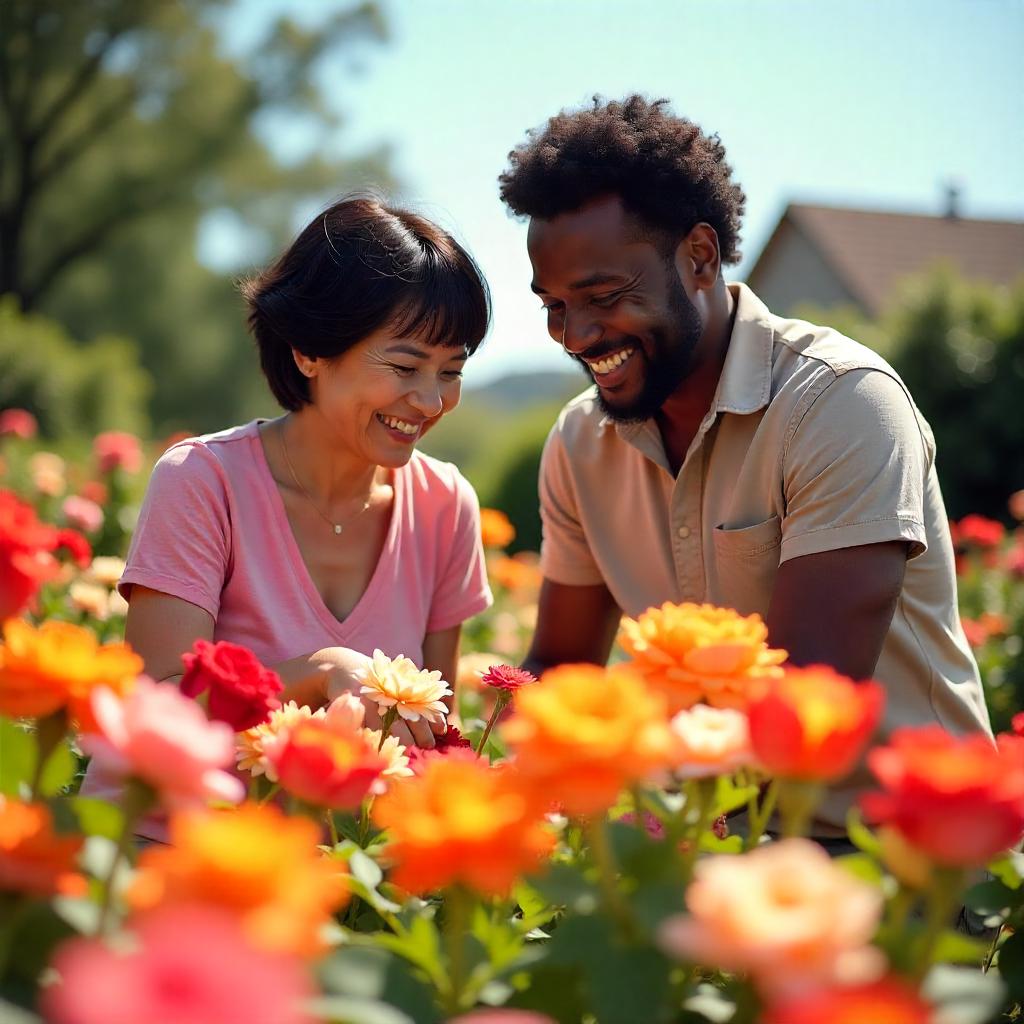Compost is often referred to as “black gold” in gardening circles, and for a good reason. It’s a natural, sustainable way to enrich soil, reduce waste, and improve plant health. Whether you’re starting a huerta or want to create a more eco-friendly home, composting is a simple and impactful practice.
What Is Compost?
Compost is decomposed organic matter that transforms into nutrient-rich soil. It results from the natural breakdown of food scraps, yard waste, and other biodegradable materials through the action of microorganisms, worms, and fungi.
Why Compost?
- Enriches Soil: Compost improves soil structure, drainage, and fertility, providing essential nutrients to plants.
- Reduces Waste: Diverts organic waste from landfills, where it would release methane, a potent greenhouse gas.
- Saves Money: Cuts down on the need for chemical fertilizers and soil amendments.
- Promotes Sustainability: Encourages a circular lifecycle for organic materials.
What Can You Compost?
Green Materials (Nitrogen-Rich)
- Vegetable and fruit scraps
- Coffee grounds and tea leaves
- Grass clippings
- Fresh garden trimmings
Brown Materials (Carbon-Rich)
- Dry leaves
- Twigs and small branches
- Cardboard and paper (non-coated)
- Straw and hay
Avoid These Items
- Meat, dairy, and oily foods (attract pests and create odor)
- Diseased plants
- Synthetic or treated materials
- Pet waste
How to Compost: Step-by-Step
1. Choose a Composting Method
- Compost Pile: Ideal for larger spaces; simply pile organic materials in a designated area.
- Compost Bin: Perfect for small gardens or urban settings, keeping the compost tidy and contained.
- Vermicomposting: Uses worms (usually red wigglers) to break down organic matter quickly, ideal for indoor use.
2. Create the Right Balance
Compost needs a balance of greens (nitrogen) and browns (carbon). Aim for a 2:1 or 3:1 ratio of browns to greens. Layer the materials in your pile or bin.
3. Maintain Aeration and Moisture
- Aeration: Turn your pile regularly with a pitchfork or compost aerator to supply oxygen.
- Moisture: Keep your compost moist, like a wrung-out sponge. Too much water can cause it to rot, while too little slows decomposition.
4. Add Microorganisms
To jumpstart decomposition, add a handful of garden soil or finished compost to introduce beneficial microbes.
5. Monitor Progress
Composting takes 3–6 months on average. The compost is ready when it’s dark, crumbly, and earthy-smelling.
Benefits of Using Compost
- Improved Plant Growth: Supplies essential nutrients like nitrogen, phosphorus, and potassium.
- Better Water Retention: Helps soil retain moisture, reducing the need for frequent watering.
- Erosion Control: Stabilizes soil structure, preventing erosion and nutrient runoff.
- Pest Resistance: Healthy plants grown in compost-enriched soil are more resistant to pests and diseases.
Common Composting Problems and Solutions
- Bad Smells
- Cause: Too much green material or lack of oxygen.
- Solution: Add more brown material and aerate the pile.
- Pile Too Dry
- Cause: Lack of moisture or too much brown material.
- Solution: Sprinkle water evenly and mix.
- Slow Decomposition
- Cause: Imbalance of greens and browns or insufficient aeration.
- Solution: Adjust the ratio and turn the pile more frequently.
Composting Tips for Beginners
- Start Small: Begin with kitchen scraps and gradually expand to yard waste.
- Chop Materials: Smaller pieces decompose faster, so chop or shred large items before adding them.
- Cover Your Pile: Use a tarp or lid to prevent pests and protect against excess rain.
Using Compost in Your Garden
- Soil Amendment: Mix compost into garden beds to improve soil fertility.
- Mulch: Spread compost on the soil surface to retain moisture and suppress weeds.
- Potting Mix: Combine compost with soil for a nutrient-rich blend for container plants.
Conclusion
Composting is an excellent way to turn waste into a valuable resource for your garden. By starting a composting system, you’re not only enhancing your soil but also making a positive impact on the environment. Whether you’re growing a lush huerta or cultivating flowers, compost will be your garden’s best friend. 🌿

